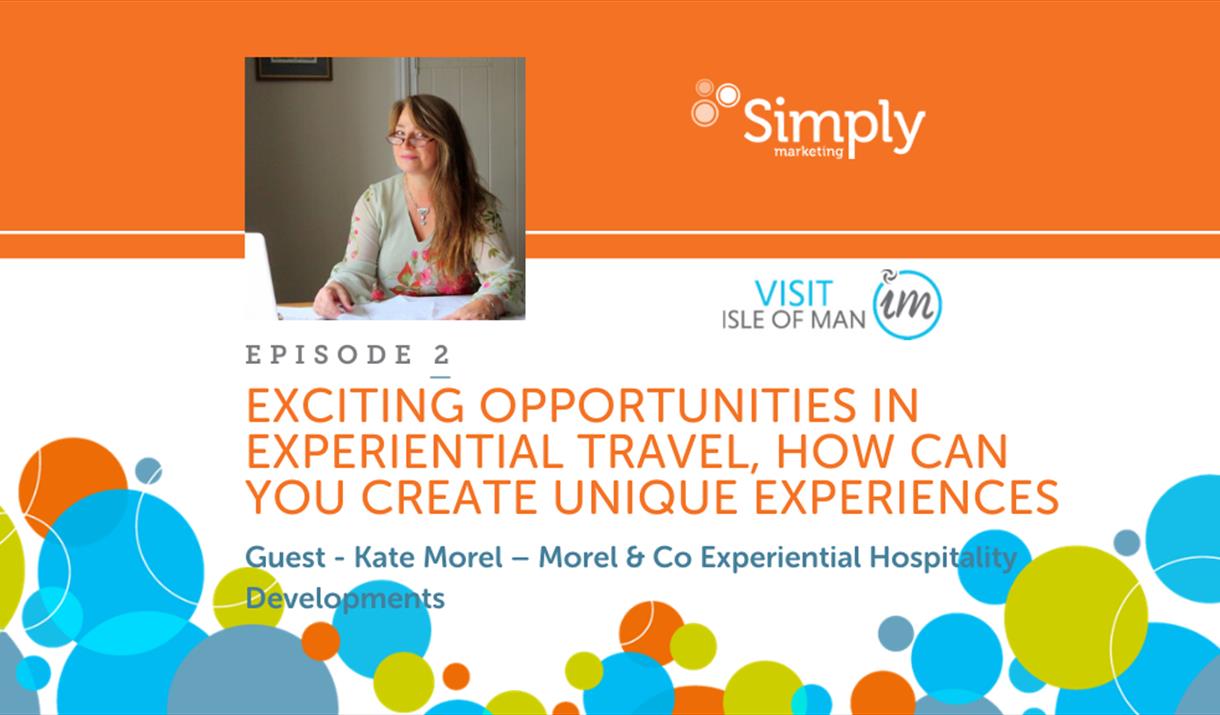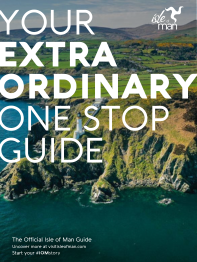
Book Tickets Online
About
Within her industry Kate is a well-respected business and design consultant, where her work supports land and business owners to successfully diversify or develop through experiential tourism. Her wealth of knowledge is built on a background that includes hospitality, property development, holiday property rental and seven years managing a leading UK specialist agency.
Kate’s advice service, Morel Consultancy, supports clients with informed and practical advice, creating effective business models and unique selling points. Her design company, Morel & Co, is a hand-picked collaboration of experienced specialists whose combined knowledge produces imaginative and original diversification project concepts for experiential tourism accommodations.
As a leading industry ambassador, Kate is often asked to present keynote seminars at tourism and industry events, runs business workshops, and is a regular contributor to Open Air Business and International Glamping Business magazines.
Before Covid-19 turned our travel plans upside down, there had already been a shift in people’s idea of what constituted a good holiday. The market for experiential travel experiences was booming, with visitors looking for that someplace special to spend their hard-earned time and cash. Once we emerge from our own homes again, chances are this trend will only get bigger.
What is experiential travel?
Experiential travel is where the provider creates an experience that connects with guests on an emotional level. It’s a holiday that has depth; that might be a strong sense of connection to the landscape, heritage, or culture, or even the owner’s interests, property or family history. Glamping is a good example of this as are the many breaks that offer workshops and experiences where guests have the chance to learn new skills or indulge a hobby.
According to Kate Morel, an expert in the experiential travel sector, there has been massive growth in this sector, not only in the UK, but worldwide. “People are looking for something with more depth, perhaps activity-based,” she says. “People want to learn and do, so fill the gap and give them what they want.”
Offering an experience-based holiday makes a lot of sense. If you can draw upon an interesting or quirky story as your backdrop, this helps you to stand out from the crowd and encourages media interest. It’s true that these types of holidays may cost more to set up initially but the return on investment is higher as you can charge more for each stay.
How to offer an experiential travel experience
Sometimes it can be difficult to look at your business objectively and that is where an independent pair of eyes like Kate’s can help. She is laser-focussed about how to create more revenue while offering guests a better experience. Here’s what she recommends:
Find your story: the first step is to spot things to hook a story on that will give your offering uniqueness and an emotional pull. If you offer glamping, look at your landscape and see if you can build a business model around the land. Look at the interior design scheme of your holiday cottage and see if it can be styled to tell a story about the property’s history. Do you have any hobbies or interests that you could pull into a business model?
Do your research: have a look around the area to see what other people are doing. Knowing which businesses are thriving is the best practice model to take inspiration from. It’s not about copying other people’s business models but using them as inspiration. And there is no need to copy as there is such a depth of heritage and possible stories that you can draw on to create your own unique selling point. The difficult thing can be looking at your offering objectively to find it.
Take opportunities: look for a gap in the market and take the opportunity it presents. For example, is the area attracting a particular kind of person? If so, can you fill that gap or shift your business model a bit to reinvent yourself to attract that person to stay with you?
Be realistic: at the end of the day you have to work with what you’ve got. You may have budget restraints or planning permission conditions which you can’t alter. Changing your business to offer an experiential experience is about weaving lots of different threads when looking for changes to be made. It’s also about having a certain mental robustness – change can be scary and it takes a brave person to make it happen.
Get creative: the more creativity you put into your offering, the more you will stand out. Your property will start to sell itself, and will be more robust throughout the shoulder and off seasons too. Something that is well-styled, well-photographed and well-marketed will stand out and hold its own.
What we discuss:
The definition of experiential travel
Why it’s a booming industry right now
What people want from a holiday post Covid-19
How to go about creating a unique customer experience
What you will learn:
How to find your unique selling point
Where to look for new opportunities
How to make your business sell itself
Tips on how to transform your existing business





